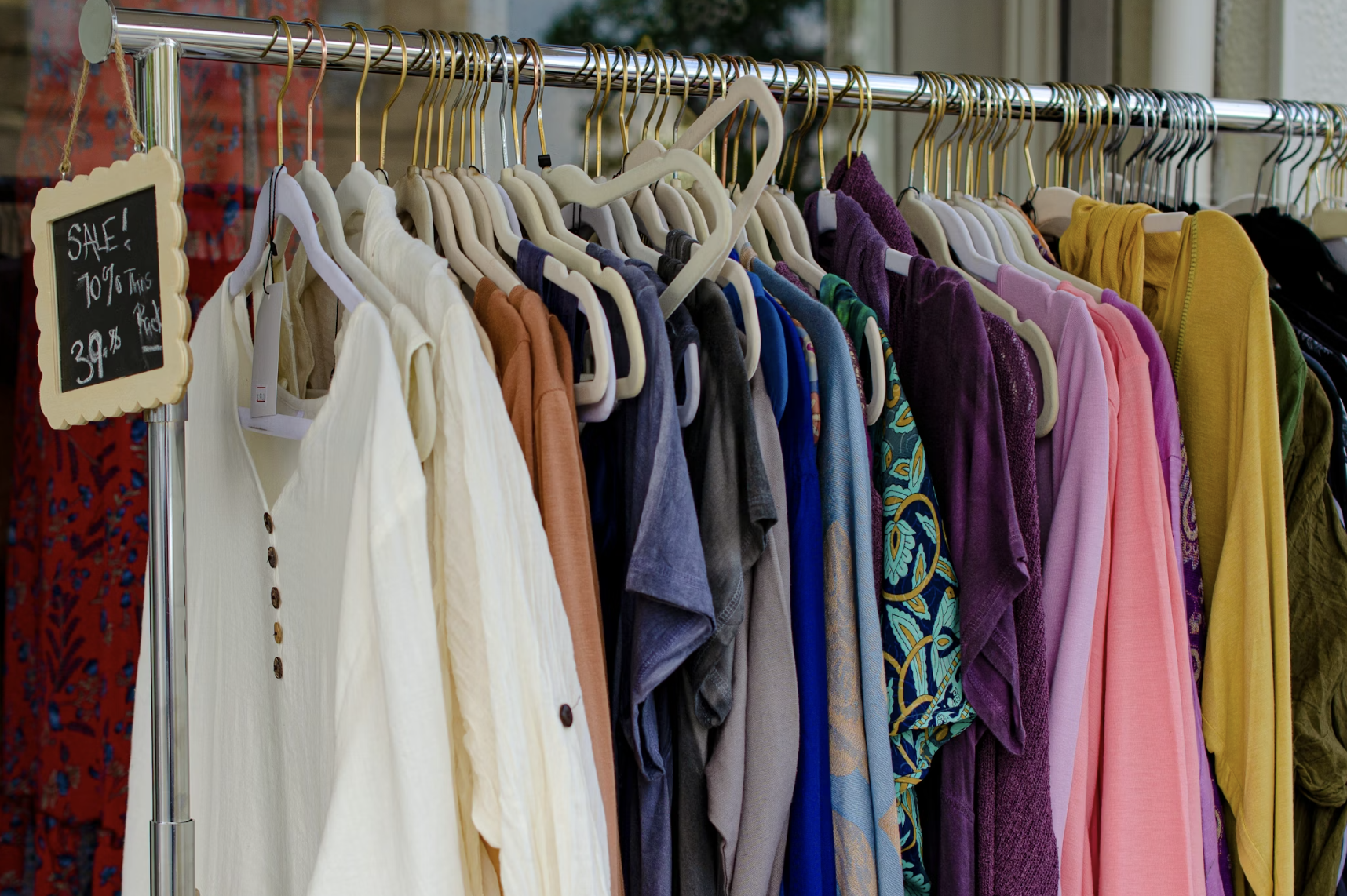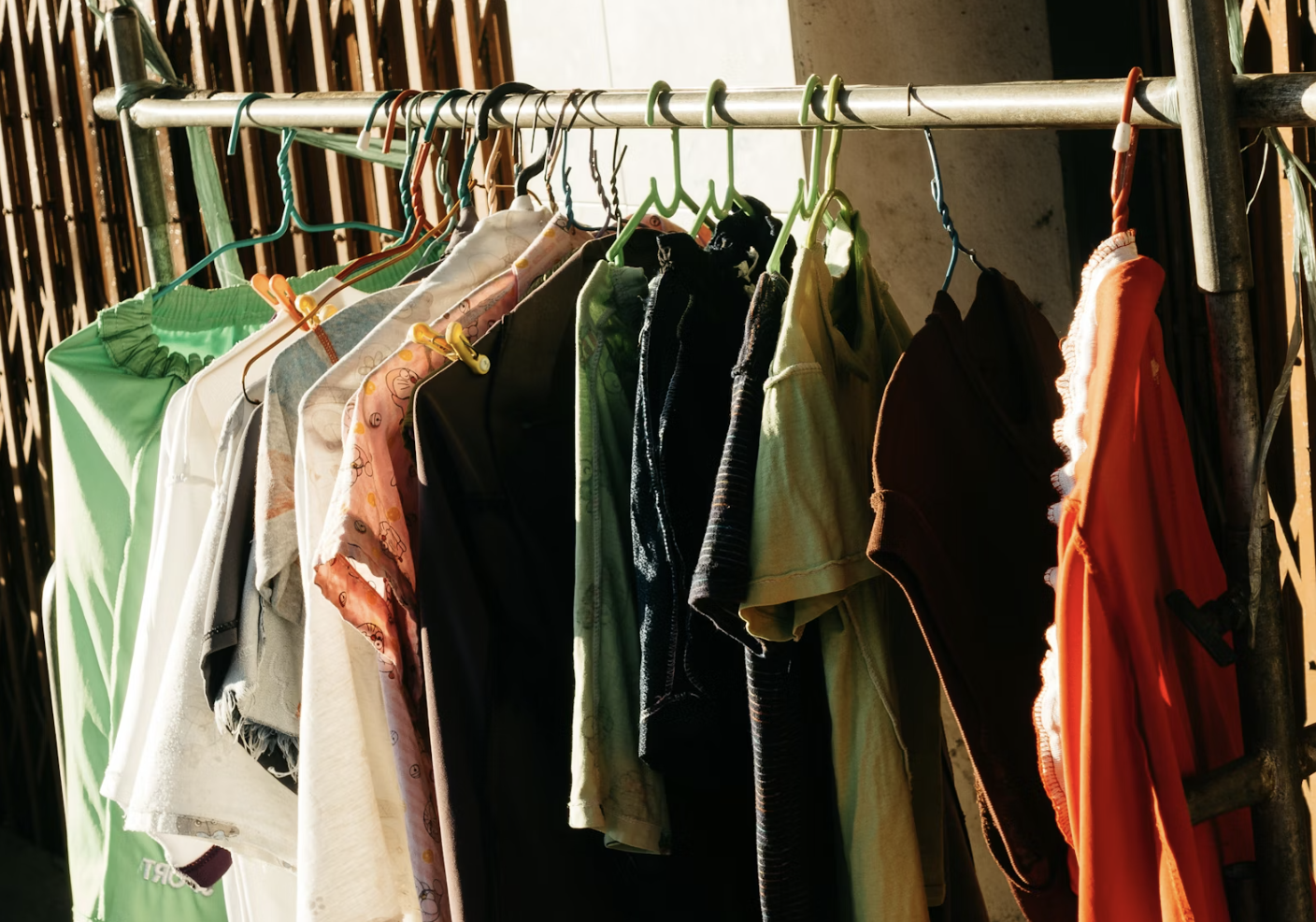What To Look For In Sustainable Athletic Wear Brands

Join the community





When you buy athletic wear, you may look for durability, stretchability, and the ability to withstand multiple washes. Your workout clothes should also have excellent sweat-wicking properties to keep you cool and dry during exercise. But these features alone don't guarantee that the athletic wear is sustainable.
Here are a few other things that you can look for to ensure that you are buying from a sustainable athletic wear brand:
{{cta-join3}}
Materials
Opt for brands using natural materials like organic cotton, Tencel Lyocell, and hemp. While some synthetic fibers are unavoidable, look for recycled options over virgin materials. Avoid brands using harmful chemicals like BPA and PFAs. Instead, choose those using non-toxic alternatives for water resistance and performance enhancement. Also, check if the brand is using renewable sources of energy in its supply chain.
Also read: 6 Plastic-Free Workout Brands That Skip Synthetics
Slow Consumption
Check if the brand is promoting slow consumption of its products. A repair and care program that extends the life of your athletic wear is a clear sign of this approach. Other indicators include take-back programs, detailed care instructions, and marketing that doesn't push excessive consumption through email campaigns and social media ads.
Transparency
Sustainable athletic wear brands are transparent about their manufacturing processes, materials, and sustainability claims — you can easily find this information on their websites. Many brands provide detailed insights into their raw material sourcing, product manufacturing, and shipping and packaging practices. This transparency gives you confidence that the brand is genuinely committed to sustainability.
Certificates
Certifications provide a reliable way to verify brands' sustainability claims and practices. Look for certifications such as Climate Neutral (carbon neutrality), B Corp (overall social and environmental performance), GOTS (organic materials), and FSC (sustainable packaging). These third-party verifications help ensure that brands are genuinely committed to their sustainability promises rather than just making empty claims.











